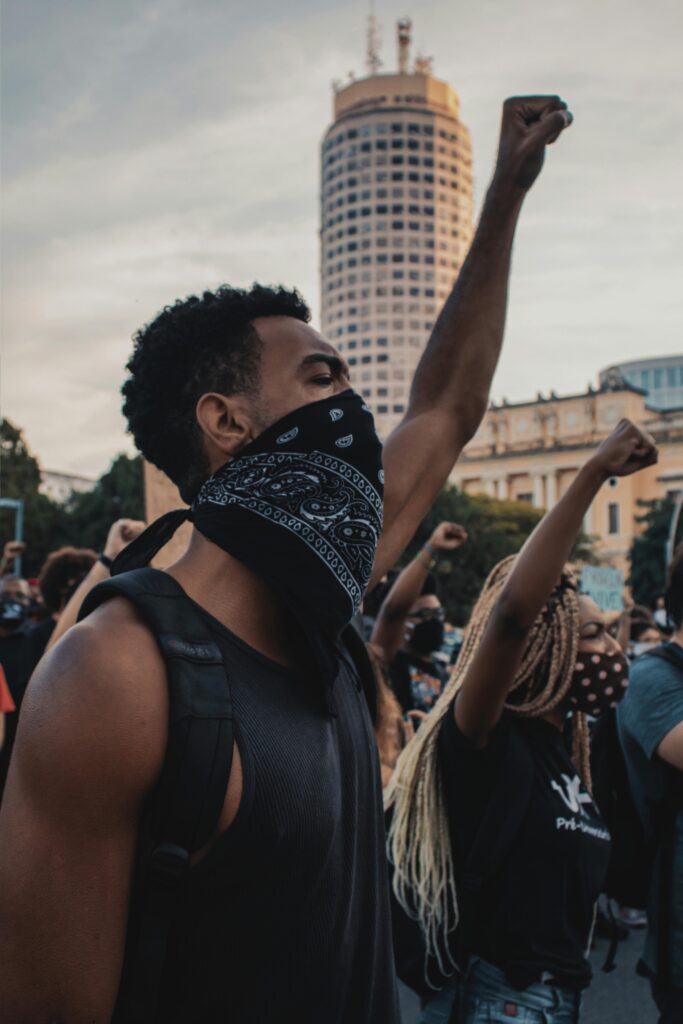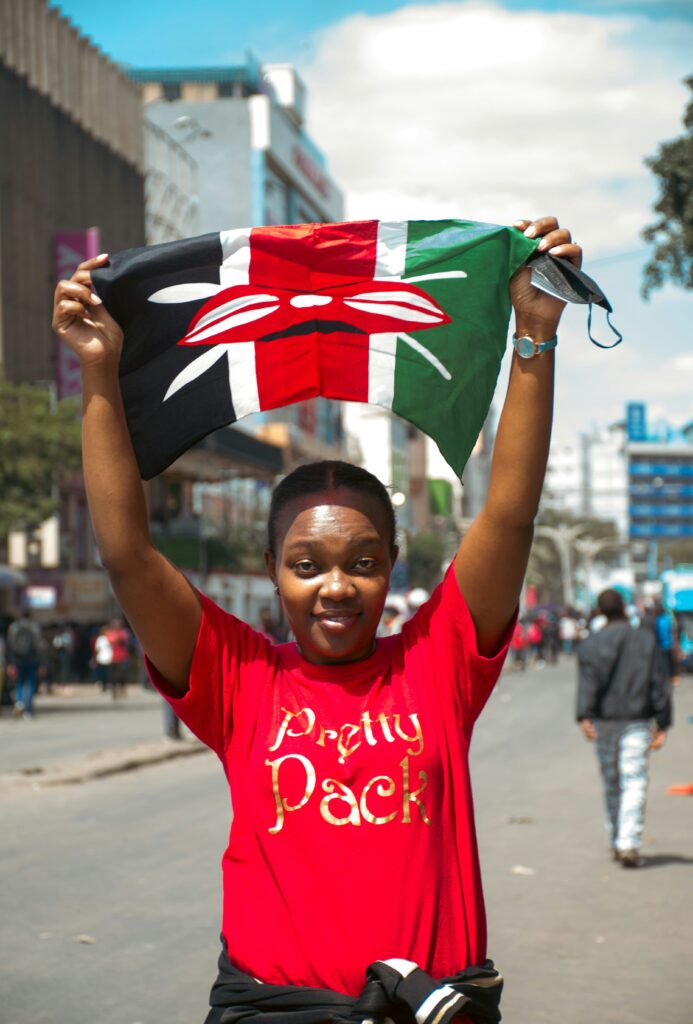A fair society is built on processes that are transparent, predictable, and consistent. Without these foundations, even well-intentioned laws can be undermined by corruption, inefficiency, or mistrust. Fair process is not just a legal principle — it’s an economic strategy that strengthens communities and fuels growth.
When people know they will be treated equally under the law, they are more willing to invest, innovate, and resolve disputes peacefully. This creates a cycle where fairness drives stability, and stability drives prosperity.
Why Process Matters as Much as the Outcome
Justice systems are often judged by the results they produce, but the path to those results is just as important. If the process is unclear, inconsistent, or inaccessible, people lose trust — even if the outcome is technically fair.
Fair procedures ensure:
- Transparency — Everyone can see how decisions are made.
- Accessibility — People can seek justice without prohibitive costs or delays.
- Consistency — Similar cases get similar treatment.
This approach benefits not just individuals but the wider economy. Businesses invest more in regions where contracts are enforceable and legal systems are reliable.
The Role of Legal Aid in Access to Justice
For many low-income households, the cost of legal representation is a barrier to justice. Legal aid — whether provided by the state, NGOs, or community groups — ensures that rights are not reserved for the wealthy.
Community-based paralegals, for example, can guide people through legal processes at little or no cost. They also bridge the gap between formal law and local realities, especially in rural areas where formal courts may be far away.
Tools That Build Public Trust

Governments and civil society have developed innovative, low-cost tools that increase transparency and trust:
- Open Data on Local Budgets — Citizens can see how funds are allocated and spent.
- Public Feedback Channels — Communities can raise concerns about services or decisions.
- Transparent Procurement — Contracts awarded through open bidding reduce corruption.
- Community Paralegals — Local experts help people navigate legal challenges without expensive lawyers.
These measures don’t just protect rights — they save money by reducing disputes, delays, and unnecessary court cases.
How Fair Process Drives Economic Growth
Investors look for stable environments where rules are enforced and corruption is minimal. Transparent procedures in licensing, permits, and procurement attract both domestic and foreign investment.
When small businesses trust that contracts will be honoured, they are more likely to hire, expand, and innovate. Similarly, households feel secure enough to invest in property, education, and long-term plans when they trust legal systems to protect their rights.
Reducing the Cost of Conflict

Delays in legal proceedings can cost both time and money. By investing in fair process, governments reduce the backlog of cases and improve efficiency. This means:
- Faster dispute resolution keeps people working instead of waiting in court.
- Cheaper legal processes reduce the financial strain on individuals and businesses.
- Fewer unresolved disputes prevent social tensions from escalating.
Everyday Fairness Builds Strong Institutions
Institutions are not strengthened by occasional reforms — they are built through consistent, everyday fairness. This means following the rules even when no one is watching, applying laws equally, and ensuring processes are clear for everyone.
When people repeatedly experience fair treatment, trust grows. And trust is the foundation on which strong, stable societies are built.
Final Thoughts: Fairness is a Development Strategy
Fair process is more than a legal concept; it’s a tool for building stable, inclusive, and prosperous communities. By making justice accessible, transparent, and predictable, societies can reduce corruption, attract investment, and strengthen social bonds.
Whether it’s through legal aid, transparent procurement, or open budget data, small, consistent steps toward fairness create big, lasting change.
Together we can nurture sustainable, fair, and hopeful communities.



